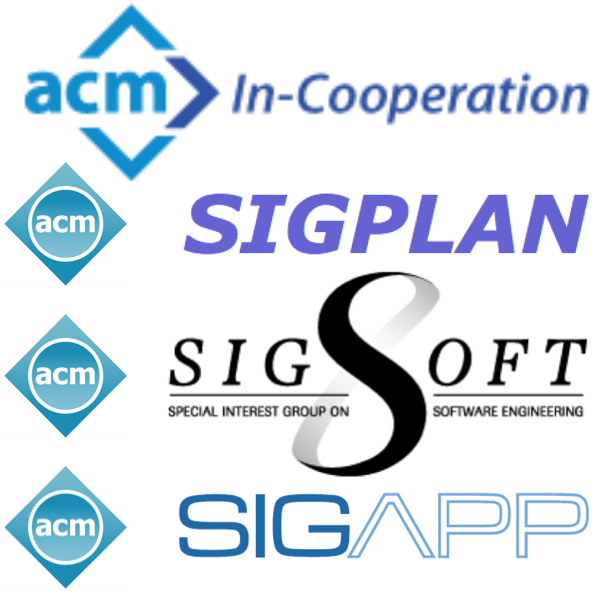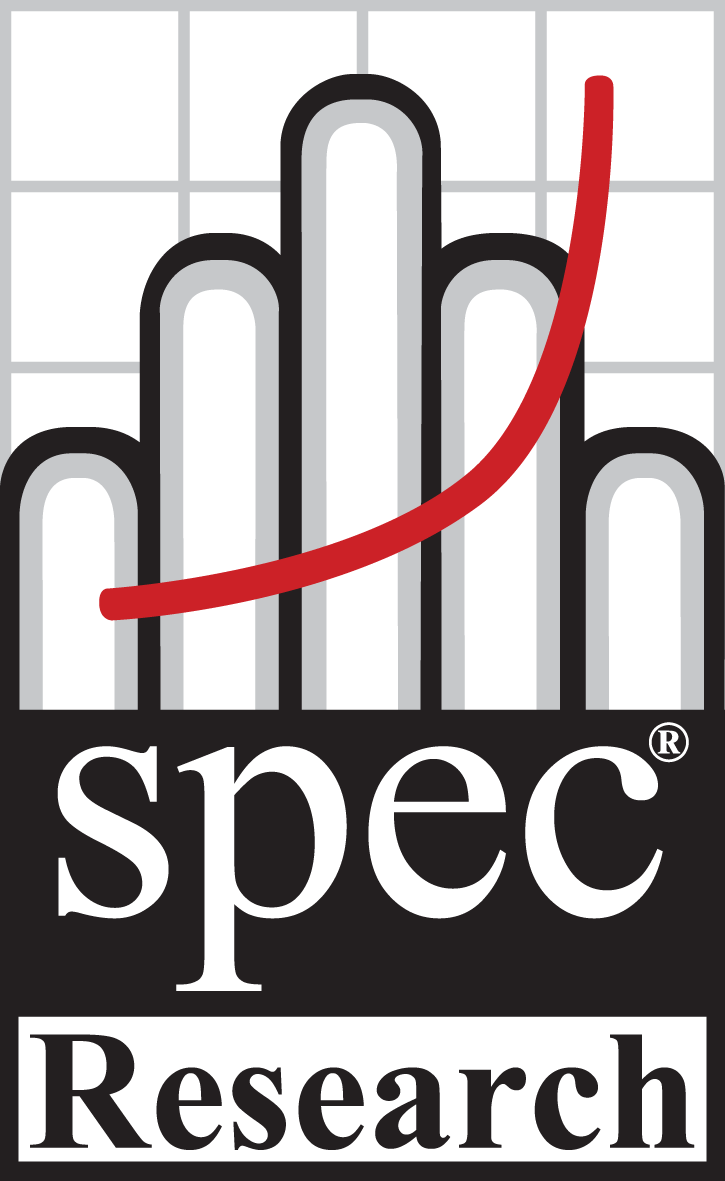



13th International Conference on Principles and Practices of Programming on the Java Platform: Virtual Machines, Languages, and Tools (PPPJ ’16)
Over the past two decades, the Java platform has made a leap from a single-language object-oriented platform to a diverse multi-purpose programming environment. Java technologies now cover a rich diversity of system components, languages, tools, frameworks, and techniques. They impact and are impacted by the current development in essential domains such as cloud, mobile and network computing, inspiring research in managed languages, compiler technologies, and runtime environments.
The 2016 International Conference on Principles and Practices of Programming on the Java Platform: Virtual Machines, Languages, and Tools (PPPJ’16) - the 13th conference in the PPPJ series - provides a forum for researchers, practitioners, and educators to present and discuss novel results on all aspects of managed languages and their runtime systems, including virtual machines, tools, methods, frameworks, libraries, case studies, and experience reports. Managed languages and runtime systems of interest include, but are not limited to, Java, Scala, JavaScript, Python, Ruby, C#, F#, Clojure, Groovy, Kotlin, R, Java VM, Dalvik VM and Android Runtime (ART), LLVM, .NET CLR, RPython.
The 2016 International Conference on Principles and Practices of Programming on the Java Platform: Virtual Machines, Languages, and Tools (PPPJ’16) - the 13th conference in the PPPJ series - provides a forum for researchers, practitioners, and educators to present and discuss novel results on all aspects of managed languages and their runtime systems, including virtual machines, tools, methods, frameworks, libraries, case studies, and experience reports. Managed languages and runtime systems of interest include, but are not limited to, Java, Scala, JavaScript, Python, Ruby, C#, F#, Clojure, Groovy, Kotlin, R, Java VM, Dalvik VM and Android Runtime (ART), LLVM, .NET CLR, RPython.
PPPJ'16 is in-cooperation with ACM SIGPLAN, SIGSOFT, SIGAPP and SPEC RG. The conference proceedings will be published as part of the
ACM International Conference Proceedings Series and will be disseminated
through the ACM Digital Library.
Essential Information
- Submission website: http://easychair.org/conferences?conf=pppj2016
- Abstract submission deadline (for assigning reviewers):
June 2, 2016 - Submission deadline (version for reviewing):
June 6, 2016extended to June 13, 2016 AoE (Anywhere on Earth) - Registering paper title and abstract before the submission deadline is optional but encouraged
- Author notification: July 11, 2016
- Camera ready papers deadline: July 25, 2016
- Conference date: August 29 - 31, 2016 (entire colocated event August 29 - September 2)
- Email to: petr.tuma@d3s.mff.cuni.cz
- Location: Lugano, Switzerland, as part of the Managed Languages & Runtime Week '16
